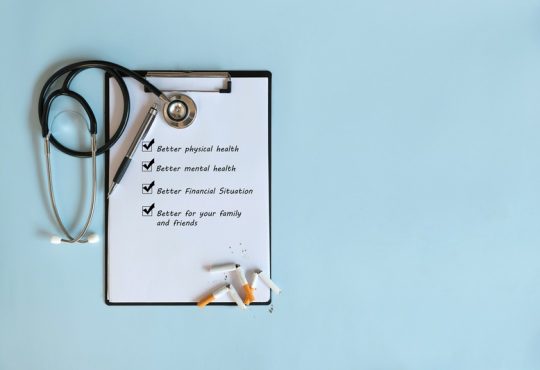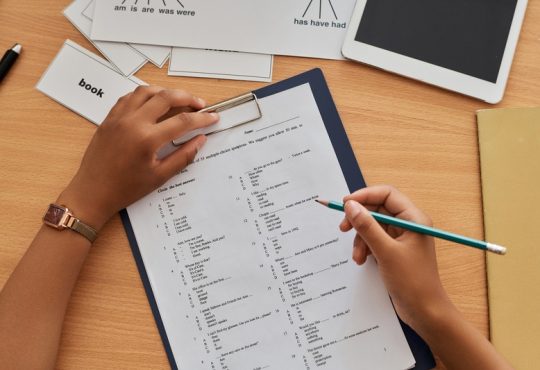
How to Avoid Common Delays in Civil Litigation
Civil litigation can be a lengthy and complex journey, but there are ways to make it smoother. Whether you’re a lawyer or someone involved in a lawsuit, understanding how to avoid common delays can save time and money. In this article, we’ll explore several strategies to keep legal processes efficient and timely.
Understanding the Root Causes of Delays
Every legal case is unique, but delays can often be traced back to similar issues. Before diving into solutions, it’s essential to understand some of the typical reasons cases get bogged down.
Poor Communication Between Parties
Communication breakdowns between clients, lawyers, and opposing parties can lead to misunderstandings and stalled progress. Ensuring open and clear channels of communication is foundational to keeping cases advancing smoothly.
Insufficient Document Preparation
Legal cases require tons of paperwork, and missing information can put a case on hold. Preparing comprehensive and accurate documentation from the onset is crucial. Consider hiring a competent paralegal team to assist with document preparation.
Effective Case Management
Case management plays a pivotal role in preventing delays. Here’s what you can do to manage your case effectively.
Create a Realistic Timeline
Developing a timeline for your litigation process helps manage client expectations and ensures everyone remains on the same page. Include milestones for each step of the case to track progress effectively.
-
Initial consultation and case review
-
The discovery phase and gathering evidence
-
Pretrial motions and hearings
-
Trial preparation and date scheduling
Utilize Technology for Efficiency
Embracing technology is a game-changer in legal processes. Use software tools for document management, case tracking, and remote client consultations to speed up the litigation process.
Streamlined Communication Strategies
Ensuring everyone involved in the litigation process is consistently informed can dramatically reduce delays.
Regular Updates and Check-ins
Schedule regular meetings and updates with your clients and team to discuss case developments. These check-ins help identify potential issues early and facilitate quick resolutions.
Centralized Information Sharing
Utilize centralized platforms for storing and sharing case-related information. This approach ensures everyone has access to the most up-to-date documents, making collaboration hassle-free.
Mediation and Alternative Dispute Resolution
You don’t always have to go to court to resolve a dispute. Alternative dispute resolution (ADR) techniques can save time and costs.
Consider Mediation
Mediation involves a neutral third party who helps both parties reach an agreement. It can be a faster and less confrontational way to resolve disputes, avoiding lengthy court battles.
Evaluate Arbitration
Arbitration is like a trial but less formal and generally faster. An arbitrator reviews the evidence and makes a binding decision, which can significantly reduce litigation time.
The Role of Client Cooperation
Clients need to be proactive participants in their cases. Their cooperation can significantly affect the speed of litigation.
Provide Complete and Accurate Information
Encourage clients to share all relevant information related to their case. Missing details can lead to delays as attorneys search for the essential facts.
Maintain Prompt Responses
Time is of the essence in legal proceedings. A client who responds promptly to lawyer inquiries and requests can help maintain momentum in their case.
Choosing the Right Legal Representation
Your choice of attorney can profoundly impact the progress of your litigation. It is key to select someone with experience and a good track record.
Look for Specialized Expertise
Finding an attorney with experience in your specific legal issue can streamline your case. For instance, if you’re dealing with property issues, finding a real estate litigation attorney could be beneficial as they possess targeted knowledge in property disputes.
Evaluate Professional Networks
An attorney who has a strong professional network can be a great asset. Connections with other legal professionals can sometimes facilitate quicker resolutions and better outcomes.
Local Legal Resources
Utilizing local resources can support and expedite your case by offering specialized insights into regional legal nuances.
Engage With Community Professionals
Relying on professionals with local expertise can ease the process. A local government lawyer in Glenwood Springs might assist efficiently with regional regulations and policies that could impact your case.
Access Local Court Systems
Familiarizing yourself with the local court systems and personnel can be advantageous, especially if your case requires court appearances or filings.
Anticipate and Prepare for Delays
No matter how prepared you are, some delays might be unavoidable. Here’s how you can proactively handle them:
Identify Potential Bottlenecks
Discuss possible roadblocks with your legal representation. Identifying challenging areas in advance allows you to prepare accordingly and lessen their impact.
Adapt to Changing Circumstances
Be flexible and ready to adjust your plans as situations change. A proactive approach will ensure that you respond to delays promptly and effectively.
The Value of Specialized Professionals
Hiring experts can offer valuable insights and expedite your case, especially when dealing with complex legal issues.
Engage Experts as Needed
Depending on your case, you might require special expertise from professionals like financial analysts or medical experts. A professional water rights lawyer might help substantially if your case involves complex water usage rights and policies.
Clearly Define Their Role
Define the scope of an expert’s contributions clearly. This will ensure everyone knows what is expected and reduce misunderstandings that could lead to delays.
Final Thoughts
Streamlining legal processes in civil litigation requires strategic planning and active participation by all involved parties. By understanding common causes of delays and utilizing best practices, you can navigate your litigation process more effectively and minimize the chances of unnecessary hold-ups. Stay proactive, keep communication transparent, and be prepared to adapt as needed. The legal journey may be challenging, but with the right strategies, you can reach a favorable resolution more efficiently.






